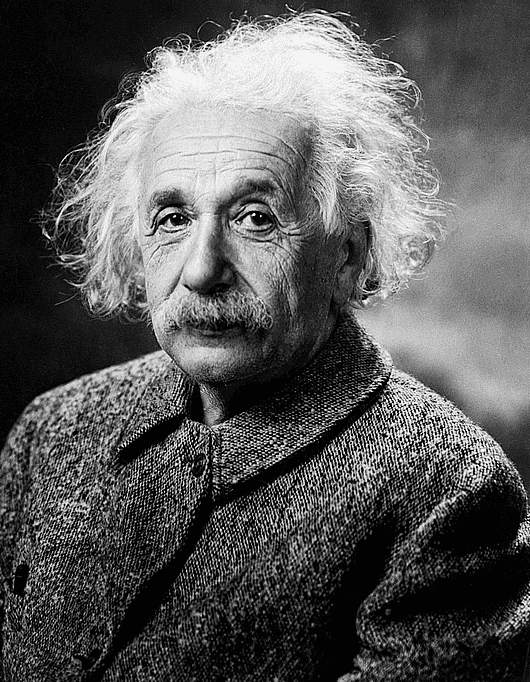The absolute ‘main’ character of the novel, more commonly known as the protagonist, is Bill Masen. Like many protagonists of novels that have deeper meanings than others, Masen does not possess any qualities too special, apart from his profound knowledge of triffids and his intactness of sight. I suspect that some authors, including John Wyndham, deliberately make their protagonists as ordinary as possible to make it easier for their readers to fit themselves into the protagonists’ shoes, because the more success readers have in viewing the novel from the protagonist’s perspective, the better understanding they will have of the novel and the message in it. In the case of ‘The Day of the Triffids’, the message, or the universal human experience, reader s will be rewarded with if s/he is successful in adopting Bill Masen’s perspective is the realization of how cruel and selfish the human kind is.
s will be rewarded with if s/he is successful in adopting Bill Masen’s perspective is the realization of how cruel and selfish the human kind is.
Also, I believe that John Wyndham made deliberate use of the first-person perspective in his novel to further aid his readers take Bill Masen’s views. It is also true that in the process of adopting Bill Masen’s view, readers inevitably end up liking him a lot, for they become him. I was not an exception—a thick emotional connection had been created between Bill Masen and me by the novel’s end.
Then there are characters that are very iconic of a particular theme or idea—there is at least one of them in every meaningful novel. In the book that we are studying, these characters are Coker and Michael Beadley. These two highly engaging characters are icons of rationalism—the cold-blooded type who put logic before conscience. Experience tells me that skilled writers usually leave the readers to judge characters like these. In my case, I finished the novel deeply loving the two characters, because without them, Bill Masen would not have been a character that I knew him as. Taking careful note of the major ideas this novel revolves around, I found that most of them are spoken by either Coker or Beadley. Consequently, I also developed a rather deep admiration for the two characters’ cognitive abilities and logical thinking by the end of the novel along with the deep love mentioned above.
 s will be rewarded with if s/he is successful in adopting Bill Masen’s perspective is the realization of how cruel and selfish the human kind is.
s will be rewarded with if s/he is successful in adopting Bill Masen’s perspective is the realization of how cruel and selfish the human kind is.Also, I believe that John Wyndham made deliberate use of the first-person perspective in his novel to further aid his readers take Bill Masen’s views. It is also true that in the process of adopting Bill Masen’s view, readers inevitably end up liking him a lot, for they become him. I was not an exception—a thick emotional connection had been created between Bill Masen and me by the novel’s end.
Then there are characters that are very iconic of a particular theme or idea—there is at least one of them in every meaningful novel. In the book that we are studying, these characters are Coker and Michael Beadley. These two highly engaging characters are icons of rationalism—the cold-blooded type who put logic before conscience. Experience tells me that skilled writers usually leave the readers to judge characters like these. In my case, I finished the novel deeply loving the two characters, because without them, Bill Masen would not have been a character that I knew him as. Taking careful note of the major ideas this novel revolves around, I found that most of them are spoken by either Coker or Beadley. Consequently, I also developed a rather deep admiration for the two characters’ cognitive abilities and logical thinking by the end of the novel along with the deep love mentioned above.

2 comments:
I never thought of considering the book's format with the character. You've greatly shown its connections with the main character. Also, I agree that the "plainly-ness" of the protagonist enhanced the meaning of the novel for readers. I found it easier to connect with. But one thing I felt was that Bill's courage and sharp judgment, based more on moral conscience than on survival, would be hard to come by a normal person. Great job!
This is a new perspective of looking at the reason for 1st person writing, and making the main character as normal as possible. You took something that means nothing to me and made it really meaningful to me. I'll have to clap my hands for you in this entry. I can now fully understand the author's objective to make us realize how the world is so depressed.
Post a Comment